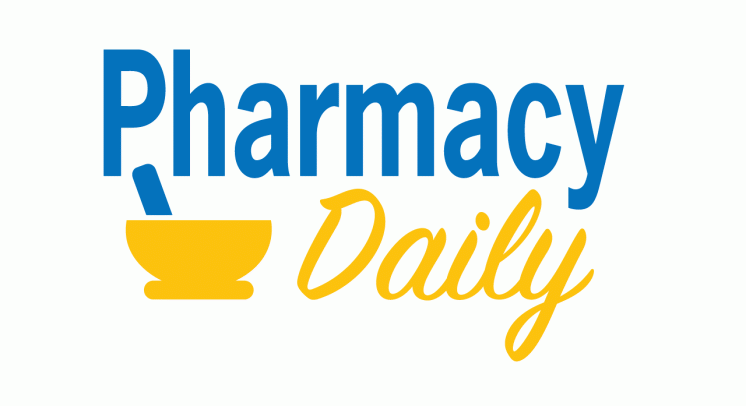BY ALL means, ask ChatGPT to help you write an awkward email to your boss, but according to Flinders University research, it is best to avoid asking it for health advice.
“Artificial intelligence chatbots offer a potential accessible, cost-effective tool for supporting people to undertake health behaviour change to address lifestyle risk factors for chronic diseases, but very little evidence exists for their capability,” pointed out lead researcher Dr Candice Oster.
The team tested the ability of ChatGPT-4 with simulated patients to offer a common evidence-based health coaching practice called “motivational interviewing” that works to identify why the patient may want to change.
While ChatGPT was found to offer a range of complex reflections and affirmations, it also eventually progressed to delivering lengthy sermons and inappropriate interactions, then attempting to end the conversation or doubling down when simulated patients didn’t want to listen to its advice.
Turns out, ChatGPT is a bit too pushy for its own good.
“In this type of coaching, people often react to being told what to do as they feel that someone is trying to limit or control their choices,” explained Dr Oster.
“GPT wasn’t able to steer clear of that, highlighting areas that could be considered for model augmentation to improve AI’s capabilities,” she added.
The post Dispensary Corner 19 Aug 25 appeared first on Pharmacy Daily.


